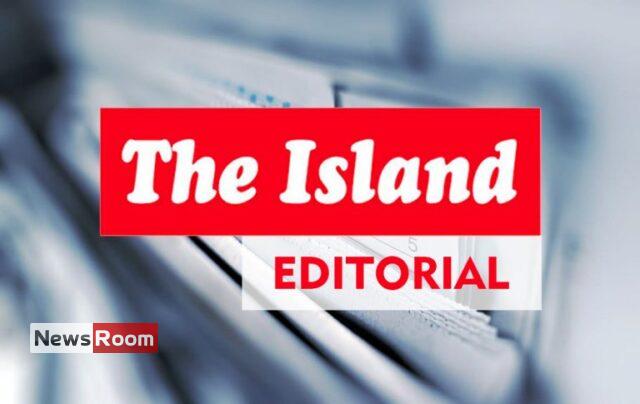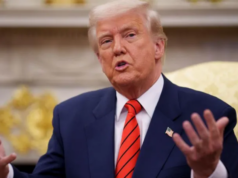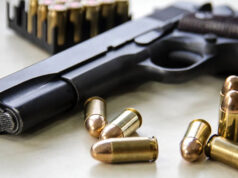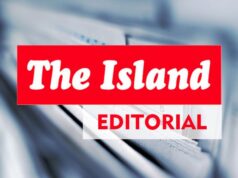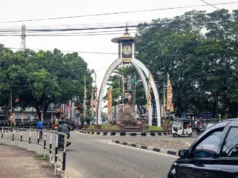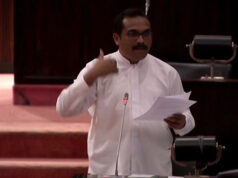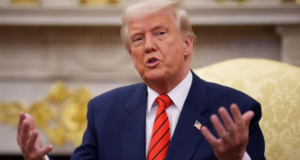Saturday 16th September, 2023
Channel 4’s recent programme on the Easter Sunday terror attacks has yielded the intended results. It influenced the UNHRC ahead of the latter’s 54th regular session in Geneva. Although it said nothing new in its self-styled exposé, and its claims remain unsubstantiated, it has been able to foment discord and stir up strife among Sri Lankan political leaders, who go for each other’s jugular at the drop of a hat.
Even those who oppose the internationalisation of domestic issues are demanding an international probe into the Easter Sunday carnage! The JVP has gone a step ahead; it is urging the government to remove the officials, named by Channel 4, from their current positions lest they should interfere with future investigations. It has however left out some prominent persons blamed for their failure to prevent the Easter Sunday terrorist bombings.
Channel 4 would have the world believe that the Rajapaksas had a hand in the Easter Sunday attacks, which created conditions for the election of Gotabaya as the President in 2019. The JVP has subscribed to this contention, and is bashing the Rajapaksa family. It is said that a notorious name is already a mark of guilt, or a tarnished character is a harbinger of judgment. The Rajapaksas control the ruling SLPP, and it is they who had Ranil Wickremesinghe elected President by Parliament. The JVP accuses President Wickremesinghe, who is the Commander-in-Chief of the Armed Forces and Defence Minister, of protecting the interests of the Rajapaksa family.
Curiously, the JVP has not included President Wickremesinghe in the list of the persons who, it says, should be removed from their current positions to ensure the impartiality of any investigation into the Easter Sunday attacks. Is it that the JVP thinks President Wickremesinghe with all his executive powers will not stand in the way of an impartial investigation?
In fact, some of those in the current government have been held accountable for the Easter Sunday attacks, and the JVP should explain why it has not called for their suspension as a necessary condition for ensuring the impartiality of a future probe into the carnage.
The Presidential Commission of Inquiry (PCoI), which probed the Easter Sunday terror attacks, has concluded that from 2015 the Yahapalana government ‘did not give priority to national security’ and ‘failed to properly appreciate the magnitude of the threat faced by the country due to IS and Islamic extremism and other forms of extremism’; the situation ‘was aggravated by the breakdown of trust between President Sirisena and Prime Minister Wickremesinghe’, and ‘the dysfunctional government was a major contributing factor for the events that took place on 21 April 2019’. The PCoI report specifically says, “The government including President Sirisena and Prime Minister [Wickremesinghe] is accountable for the tragedy.” The JVP has chosen to overlook this fact.
Incumbent Opposition Leader Sajith Premadasa was a member of the Yahapalana Cabinet, and so were some SJB seniors who are members of the current Parliament. At the time of the Easter Sunday attacks, the JVP was propping up the UNP-led government, which had lost a majority in Parliament due to the UPFA’s pull-out, in October 2018. It, in fact, went out of its way to ensure the stability of the beleaguered UNP regime by doggedly preventing the UPFA from mustering enough votes to wrest control of Parliament or dissolve it. Thus, it enabled Wickremesinghe and the UNP to remain in power.
Many are those who have taken moral high ground and keep demanding justice for the Easter Sunday carnage victims, but the question is whether the former members of the Yahapalana administration, which the PCoI has held accountable for the Easter Sunday tragedy, and those who supported it, have any moral right to condemn others and be after their scalps.

